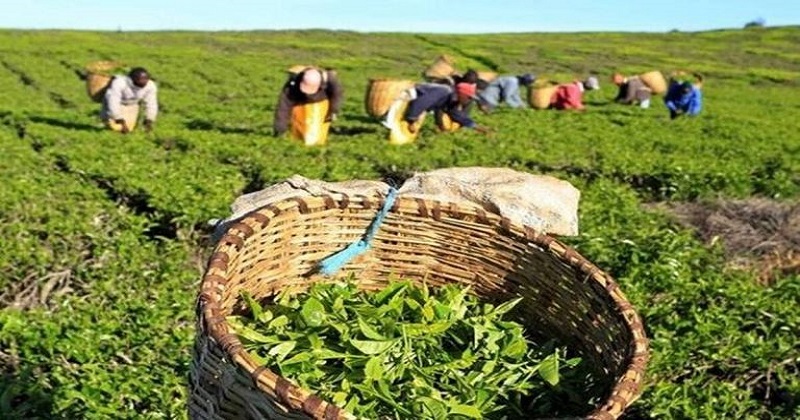
Darjeeling tea, India’s flag-bearer and one of the world’s most popular tea kinds is on the verge of extinction. According to data released by the Tea Board, Darjeeling tea production fell to 6.19 million kg in 2021, the lowest on record.
As per tea industry sources, despite a 0.63 million kg increase in output in 2020, there has been a 50% decline in production compared to the region’s typical production capabilities. In 2019, Darjeeling produced 6.39 million kg.
Political unrest, the Covid-19 pandemic, variable weather patterns, unviable plantations, and rising production costs have all contributed to the decline of the Darjeeling tea production.
Furthermore, quality was harmed as a result of many planters harvesting early than expected owing to a lack of funds. An excellent first flush harvest brings roughly 35% of the total earnings of the Darjeeling tea for the year. November output, or the season’s final production, was 0.35 million kg, down from 0.59 million kg the previous year.
According to Atul Asthana, CEO of Goodricke Tea, Darjeeling tea output has been declining since 2017. It has dropped from a high of ten million kilogrammes to six million kilogrammes. The quality has worsened as well in the 87 tea estates that are still active.
Also Read: 64th Grammy Awards postponed amid COVID, new date to be announced soon
‘The existing bushes need uprooting and re-plantations are urgently required. The cost of production in Darjeeling has touched Rs 700 a kg but prices both in international and domestic markets are not remunerative. Also, re-plantations cannot happen without government assistance but for the concerned ministry it might seem to be a very small matter for interference’, Asthana said.
Due to a protracted dry season, the first flush Darjeeling production, which produces the best variety and is harvested between March and April, was severely harmed in 2021, falling to 0.66 million kg compared to 1.28 million kg in 2019.

Post Your Comments